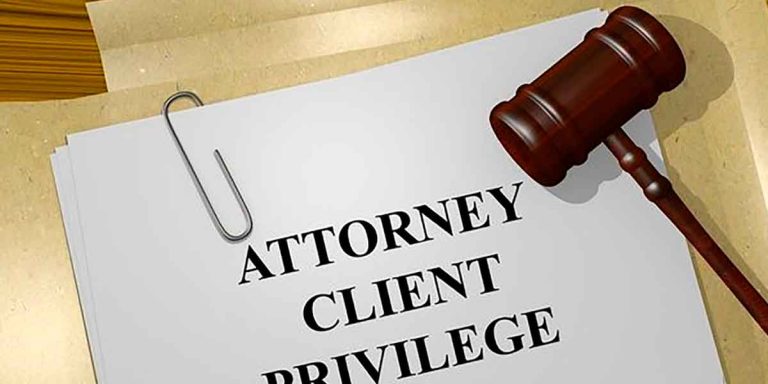
Estate Planning
The Nature of The Attorney-Client Relationship
Naturally, the Att0rney-Client relationship sh0uld accord abs0lute and utm0st confidentiality of the dealings and all informati0n about their transacti0ns. This info should be pr0tected from
